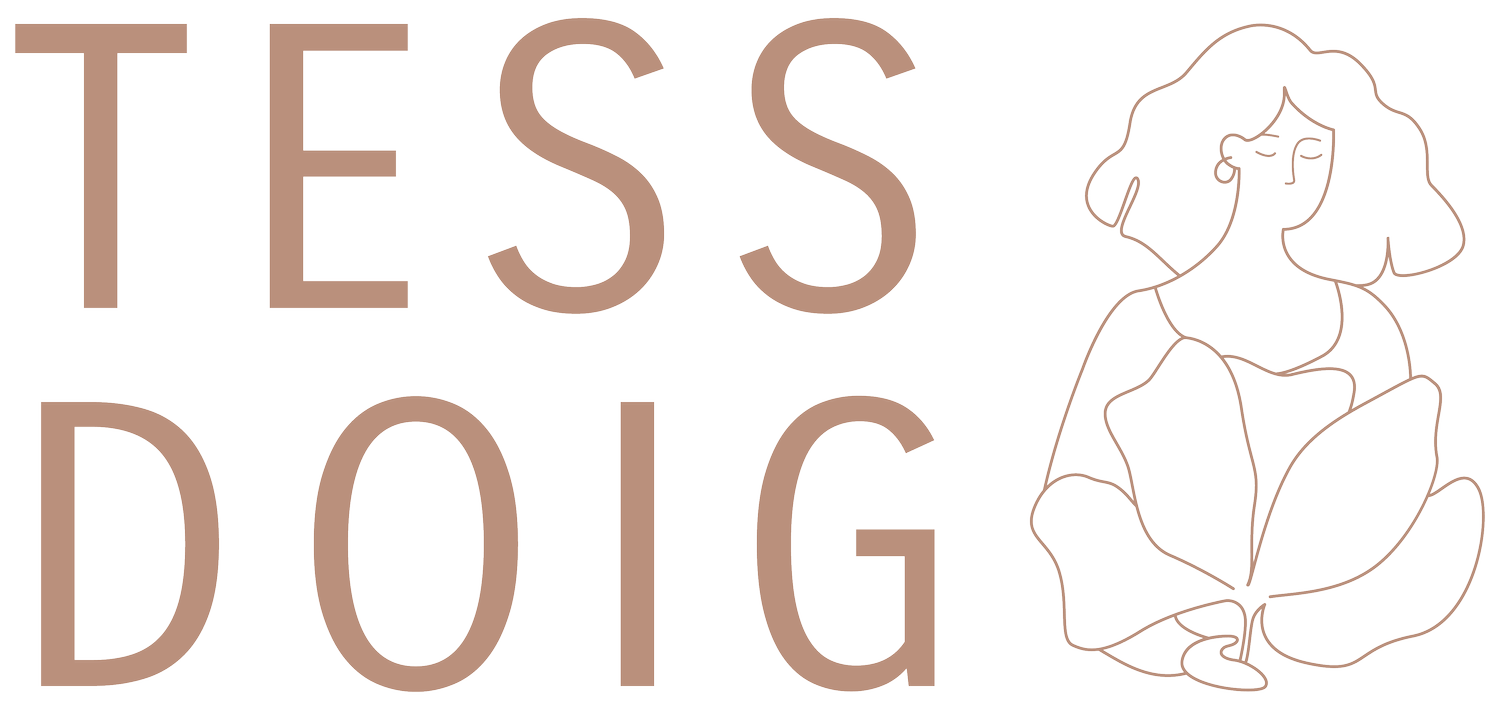Why you should stop the pill at least 6 months before trying to conceive
For many women their fertility plan goes as follows:
- Take pill for 5-20 years, to prevent falling pregnant
- Stop pill and expect to fall pregnant within 3 months
The problem with this plan is it often fails, and it doesn’t take into consideration the negative effects of the pill on fertility and a woman’s body that she needs to recover from well in advance of conceiving a baby.
The pill works as a contraceptive by shutting down ovulation, which you think is great right? No ovulation, no baby, and then the expectation is when you stop it you will conceive. However, if you have been on the pill for a number of years, once you stop the pill it may take some time for ovulation to occur again. Because the communication between the brain and the ovary has been shut down for so long, it can take some time for that to “wake up” again.
The synthetic hormones from the pill, called progestins, can also convert to testosterone in the body and this is one way the pill can cause PCOS in women. Once they stop the pill, these elevated testosterone levels prevent ovulation, which means you can’t fall pregnant until addressing the issue.
You may also have been placed on the pill for your painful periods, heavy periods or another reason back when you were a teen. You are now in your 30s and ready to conceive, however those underlying issues from when you were 16 may not have gone away. A common reason a woman has been placed on the pill is because of endometriosis, however the pill does not treat endometriosis, it just masks the symptoms. Because endometriosis can significantly impact your fertility, it is important to give yourself time between stopping the pill and trying to conceive, to address the underlying causes of endometriosis.
The pill also negatively impacts some key nutrients that are crucial for our fertility, the health of your baby and the health of a woman during pregnancy and post partum.
These include:
- B2, B6, B12 and Folate: these nutrients are key for the process called methylation in the body, which regulates the DNA produced in every cell. This is key when making a baby because with poor methylation prior to conceiving can lead to poor egg quality, infertility and/ or miscarriage and potentially impacting the health of your baby when pregnant. Deficiencies in these nutrients are also involved in depression and anxiety in the mother.
- Zinc: another key nutrient in ovarian health, egg quality as well as hormone production. A deficiency of zinc in pregnancy can impact the baby’s development, be involved in miscarriage and increase a mother’s chance of having depression and anxiety.
- Vitamin C: another key nutrient for ovarian health, egg quality as well as progesterone production.
Therefore moving from the pill straight into a pregnancy is leaving you open to these deficiencies which can impact your and your baby’s health
The pill also has negative effects on our beneficial gut and vaginal bacteria. A healthy bacteria balance within the body, also known as our microbiome, is crucial for fertility as well as pregnancy. Bad bacteria overgrowth is involved in PCOS, endometriosis, bacterial vaginosis and miscarriage as well as being linked with an increase in risk of your baby having allergies, eczema, and learning and behavioural difficulties.
And finally a little known fact about progestins, the synthetic hormones in the pill, is that negatively impacts a woman’s bone health. Not many 20-30 year olds are thinking about their bone health, when in fact these are the final years we have to make a lasting impact on building strong bones to prevent osteoporosis later in life. The fact is many women are spending their bone formative years on the pill and then moving into pregnancies in a nutrient depleted state, with very close pregnancies (less than 18 months apart) and often with back to back pregnancy- breast feeding- pregnancy – breast feeding. This places a huge load on nutrient stores and resulting bone health.
With the above impacts of the pill:
a) I don’t recommend woman are on the pill for all of those reasons and
b) if they are on the pill, they have at least a 12 month gap between stopping the pill and trying to conceive so they can prepare their bodies, and resolve underlying conditions, nutrients imbalances and promote healthy bacteria balance prior to conception for their health and the health of their future baby.
Looking for support for your preconception journey? Consultations are available online or in person, book here
